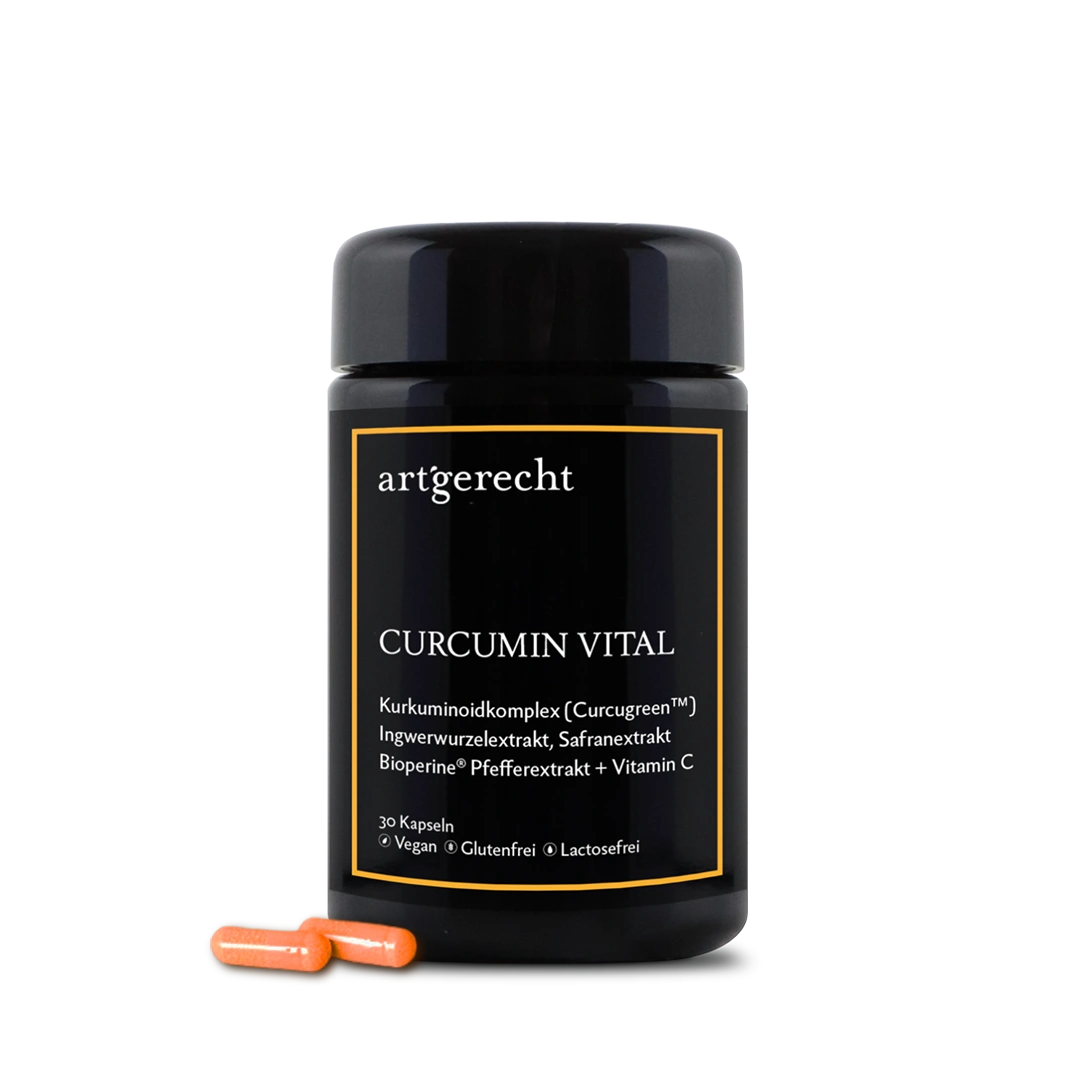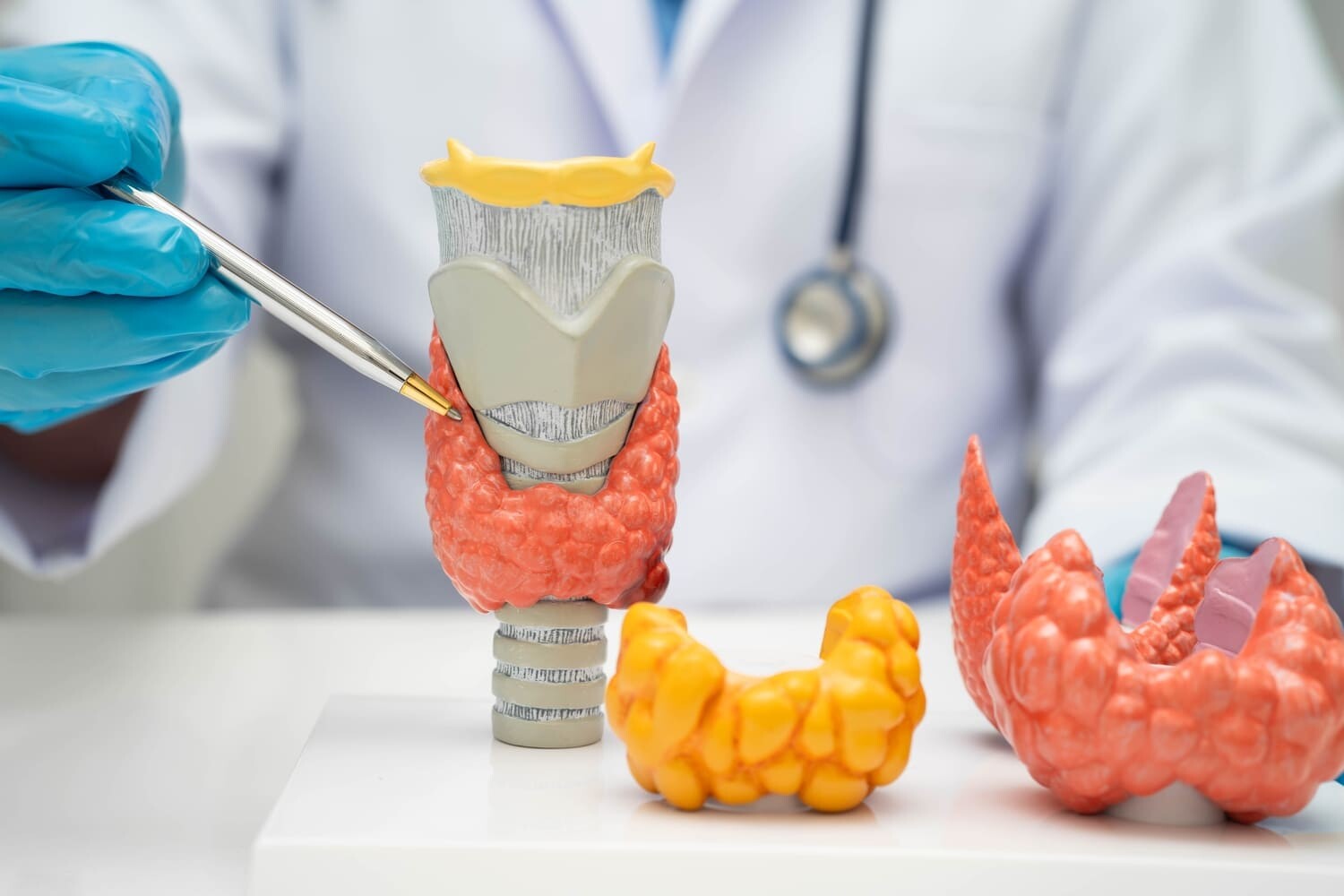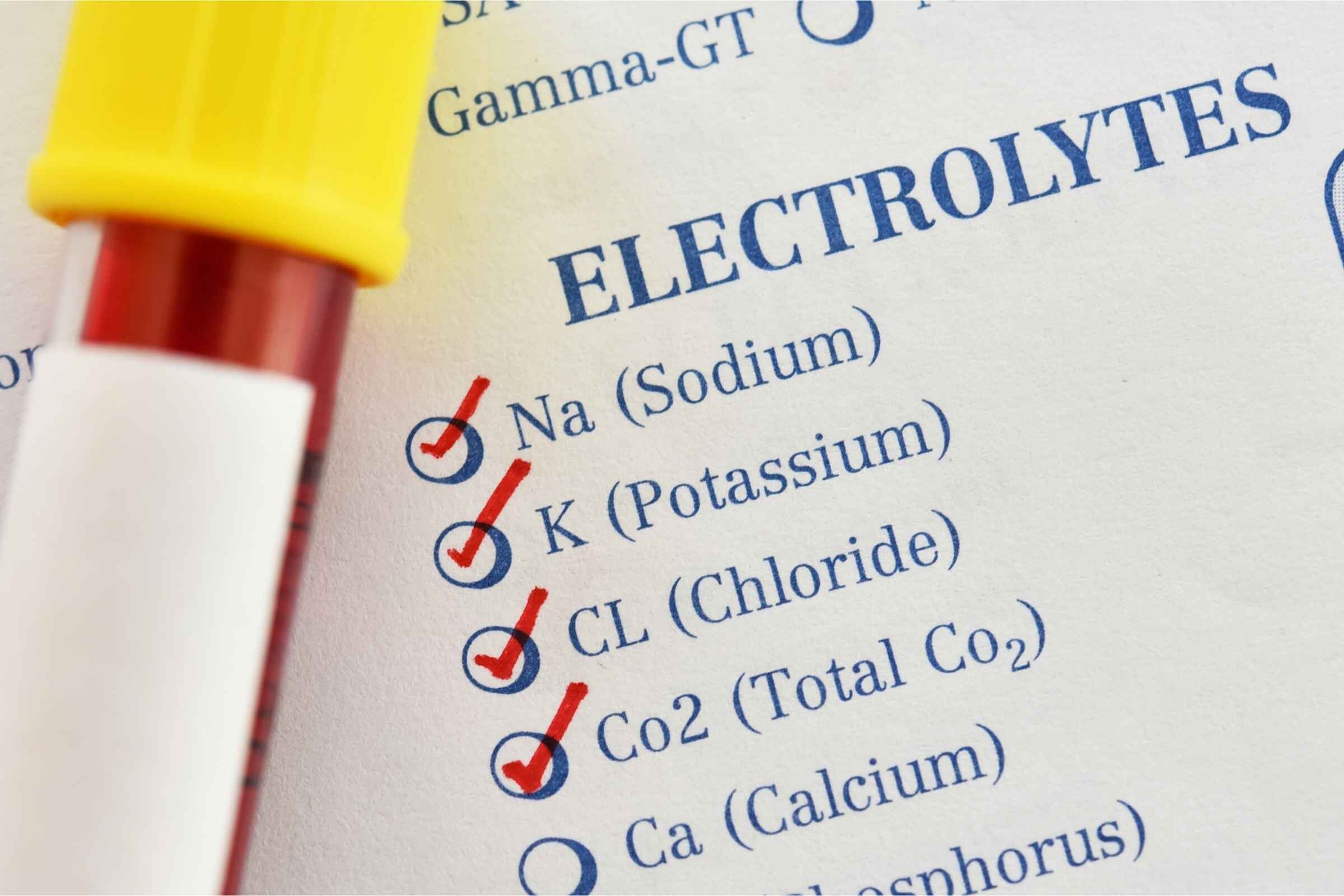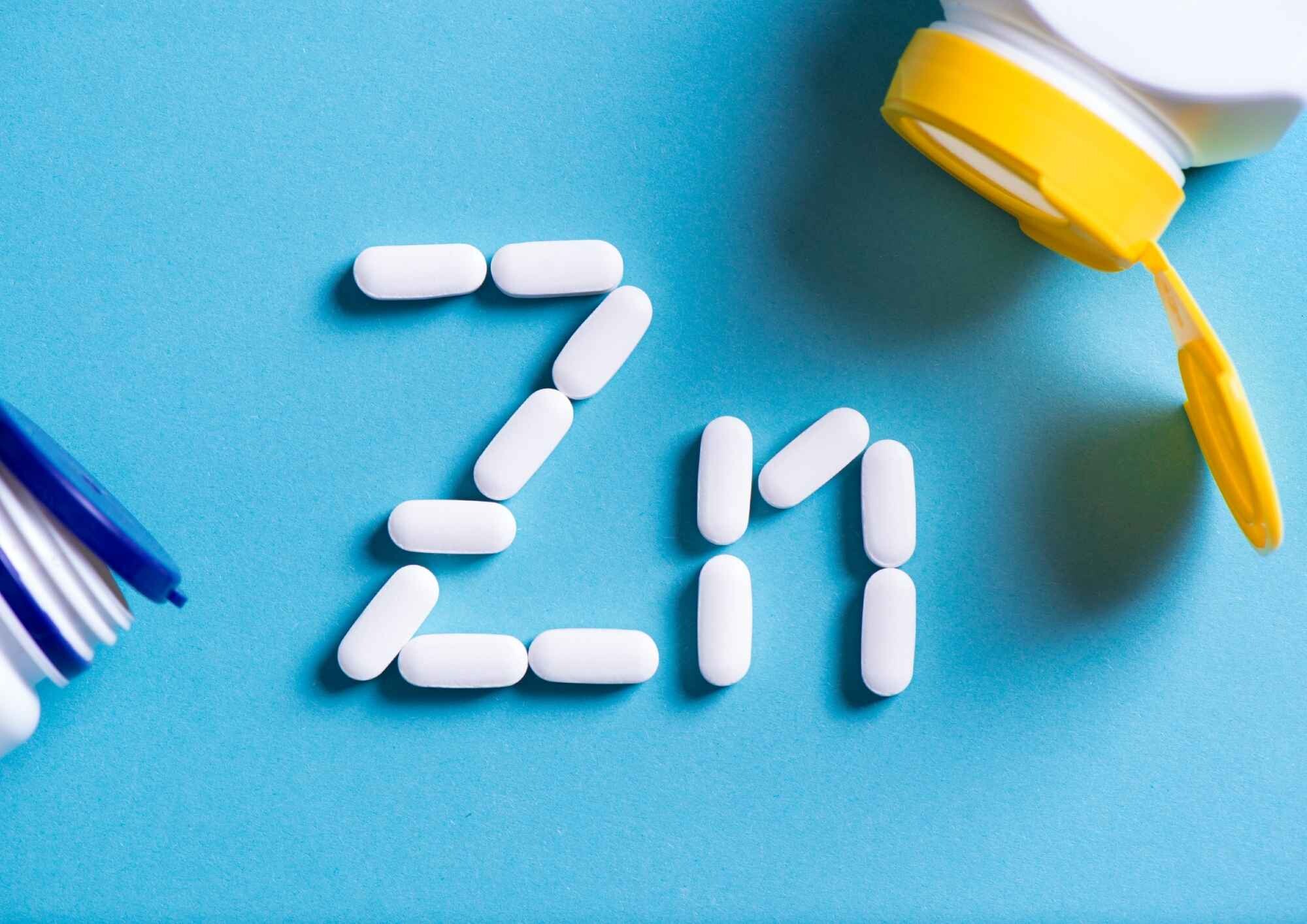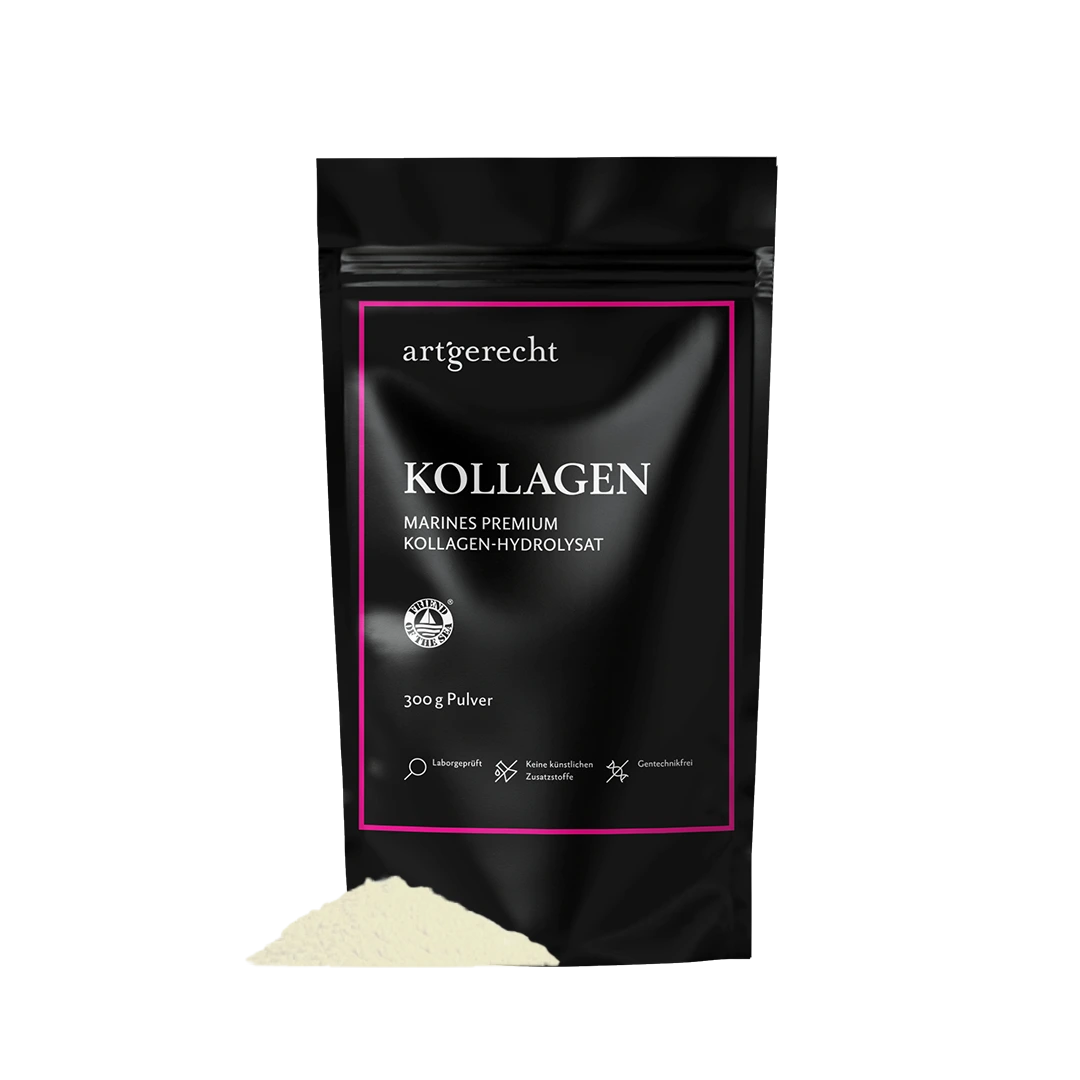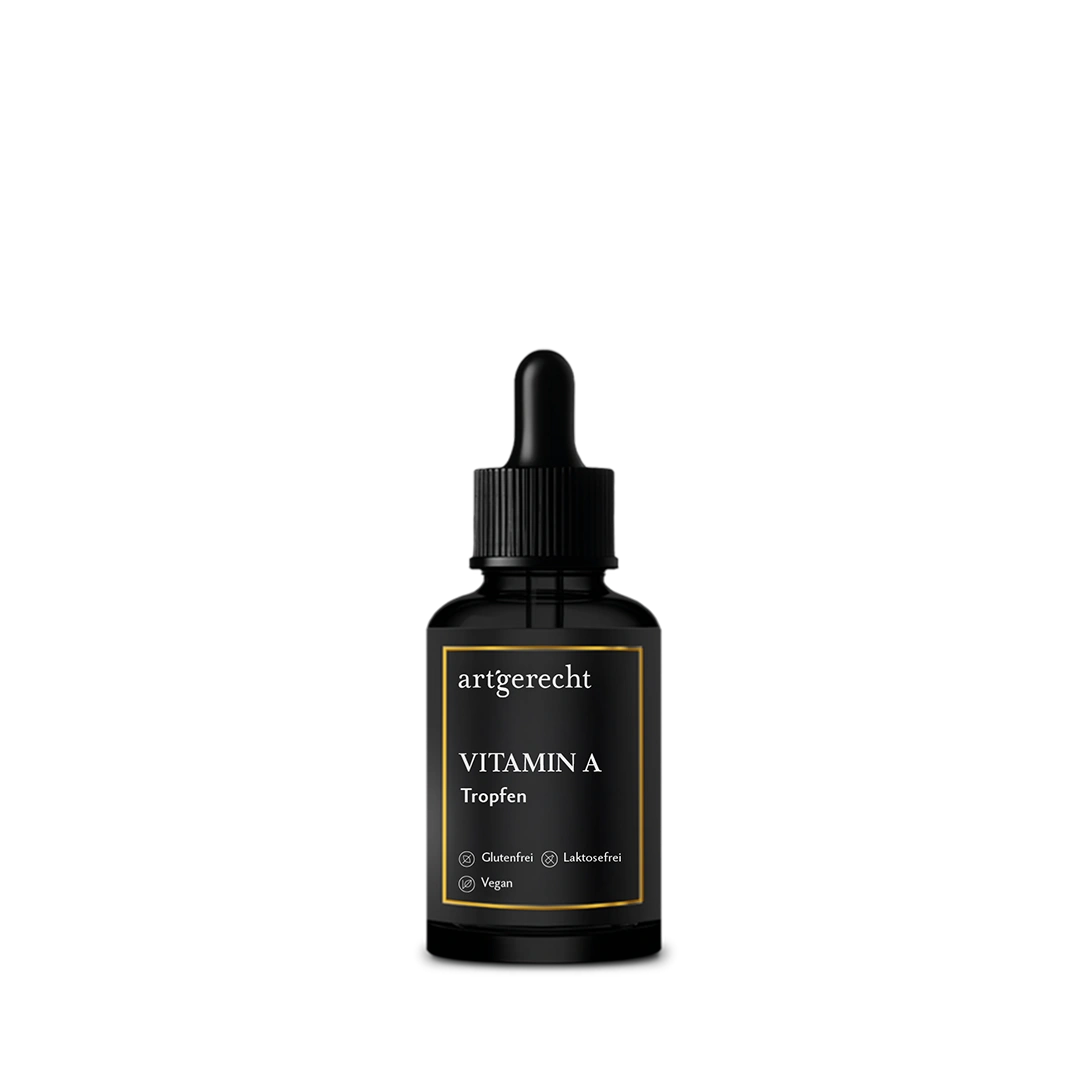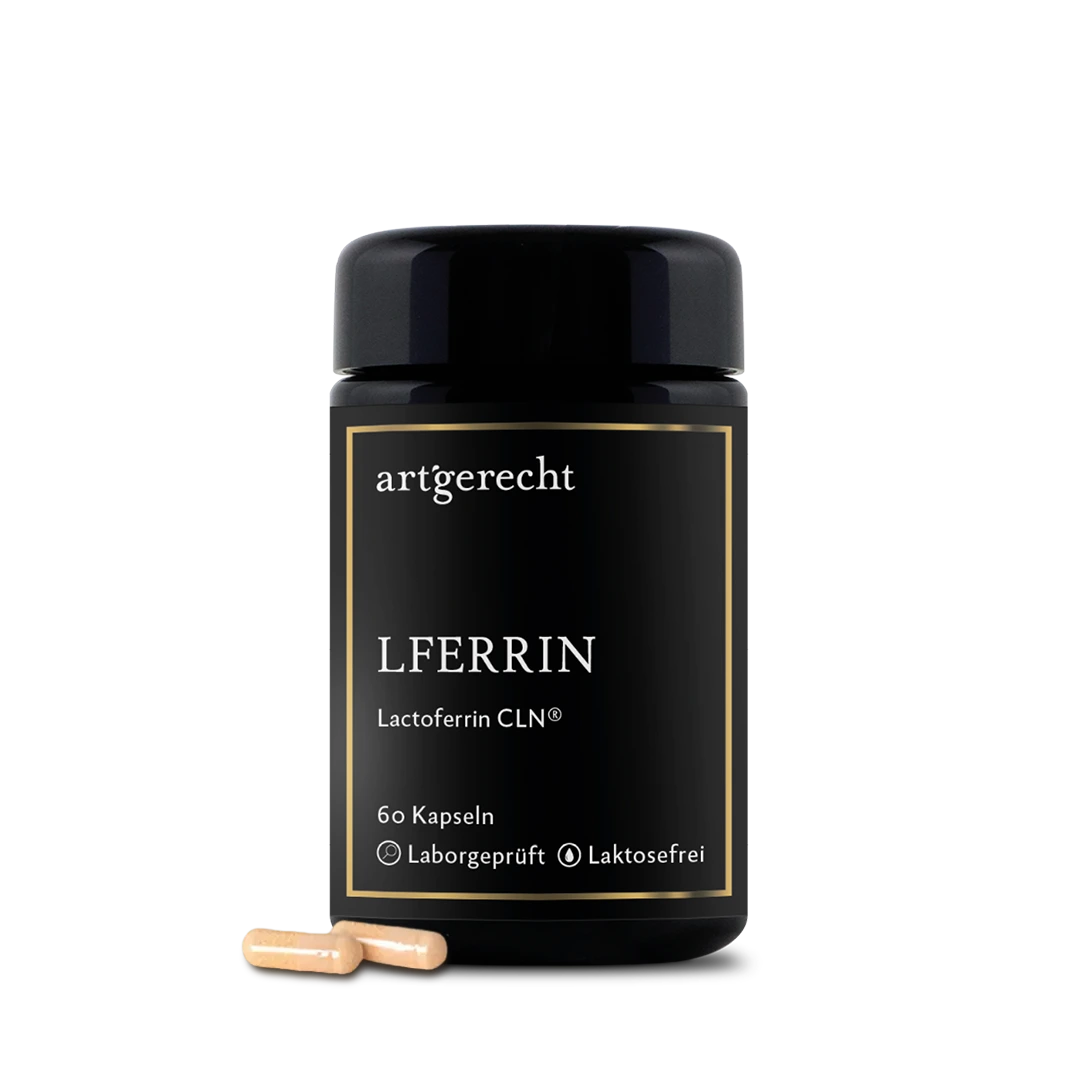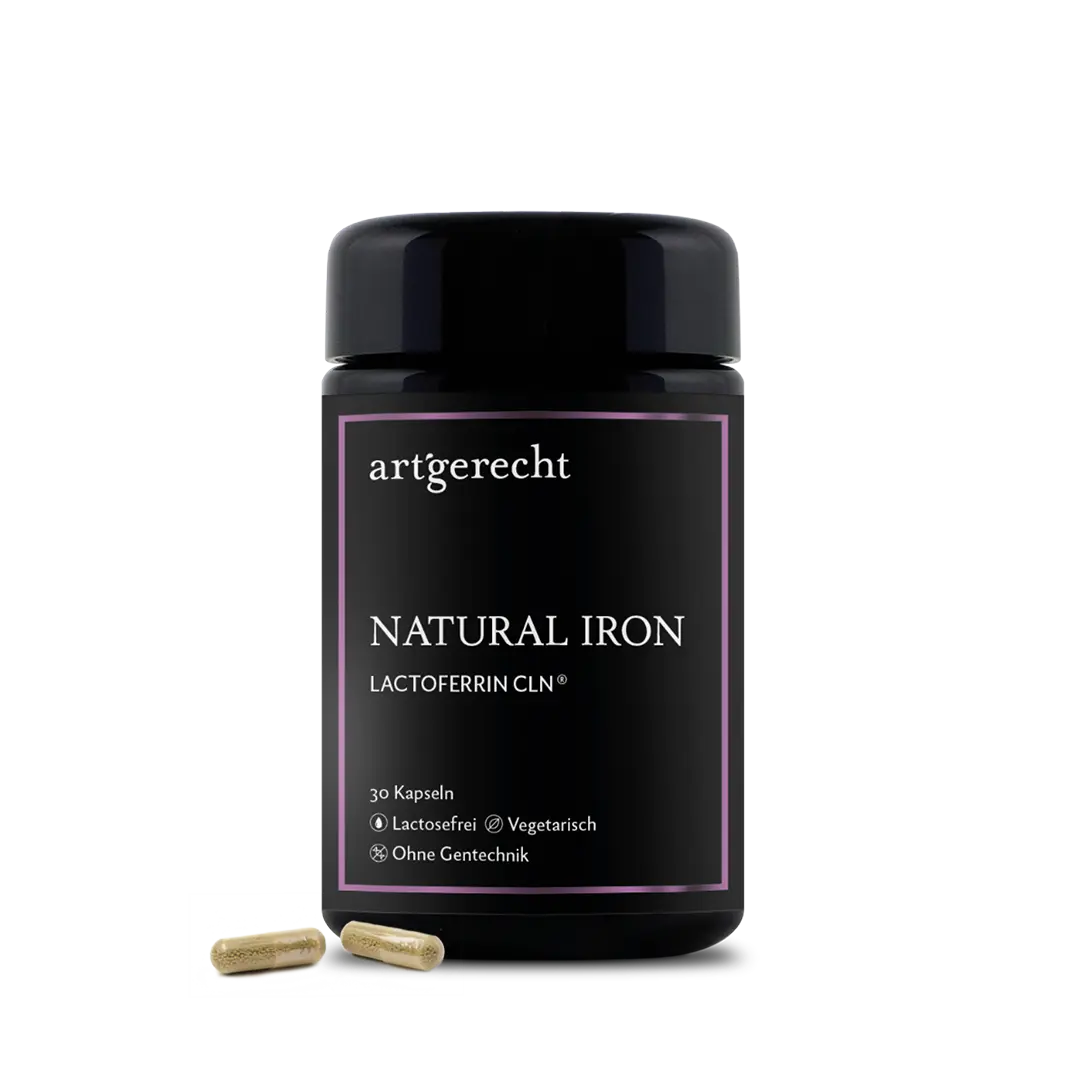- What does mental health mean?
- In numbers: Why mental health is important
- How do mindset, behavior and environment affect mental health?
- The interplay of psyche, nervous and immune system
- Can the gut and brain communicate with each other?
- Health effects and symptoms of chronic stress
- What role do the stress hormones adrenaline, noradrenaline and cortisol play?
- What options are there for coping with stress?
- Nahrungsmittel für ein glückliches Leben: What does science say?
When it comes to health, we usually think of our body first. It protects us from environmental influences, accidents and illnesses. But do we pay equal attention to our soul? Today we know that health is closely linked to the psyche. Mental health is essential for our well-being and keeps us resilient. It helps us to enjoy life – but also to cope better with pain and disappointment. In this article, you will learn how you can influence your relationships and your environment and strengthen yourself mentally.
What does mental health mean?
According to the WHO (World Health Organization), mental health is a state of well-being, in which a person is able to fulfill their potential;to cope with the normal stresses of life, to work effectively and to contribute to their community“.
However, mental health and well-being are not only influenced by personal factors, but also by the social context and the living environment in which you find yourself. These factors therefore behave dynamically and can have both a positive and negative effect on a person's mental state. [1]
In numbers: Why mental health is important
- One in 15 people suffer from severe depression every year. (WHO)
- By 2030, three mental illnesses will already be among the „top 5“ worldwide: depression (1st place), Alzheimer's (3rd place), alcohol addiction (5th place).
- Almost one in three people will be affected by at least one mental illness in the course of their lifetime. (WHO)
- In Germany more people die by suicide every year than by traffic accidents.
- Severe mental illness can shorten life expectancy by 10 to 25 years. [2]
How do mindset, behavior and environment affect mental health?
Every person develops their own mindset from the many experiences and impressions they collect over the course of their life, including positive and negative experiences. Over time, these experiences develop into attitudes towards everyday things. It is important to understand that there are many different ways of thinking about yourself and others and not just the one right one. As individuals, we live in a world that constantly presents us with challenges. Research shows that chronic stress can lead to inflammation in the body - without harmful germs being involved. Therefore, psychological and social aspects, such as the social environment, should not be ignored.
All pathogens and mechanical or chemical stimuli that damage the tissue are among the physical causes of inflammation. A one-sided or unhealthy diet, permanent stress, lack of sleep and too little exercise can be responsible as harmful triggers for inflammatory processes. On the psychological level, forms of self-damaging experience and behavior are considered. These are destructive, emotional processes and thought patterns, or aggressive automatic behavior that can harm the body. The social component refers to hurtful words and gestures from our fellow human beings. These can also affect and hurt us and thus contribute as a harmful factor to the development of illnesses.
Salvation in crisis situations – is that even possible?
War, energy crisis and coronavirus – New news and reports reach us every day. The current situation is a real challenge for our psyche: social isolation, stress and fears about the future are taking their toll. But what does it take to be psychologically healthy? And how can it be applied to crises?
The psyche works like our body: it has basic needs that have to be satisfied. Otherwise it suffers - for example in the form of stress or depression. In psychology, a distinction is made between four basic needs:
- The need for attachment. People need closeness to people with whom they have a relationship.
- The need for control. It is important to be able to make your own decisions and be free.
- The need for self-worth. In other words, to feel valued and competent.
- The need for enjoyment – through experiences that are fun.
For a healthy soul, attention should be paid to these four basic needs. This is especially true in stressful times - such as the current situation. So that not only the body, but also the soul remains healthy.
The interplay of psyche, nervous and immune system
The interplay of nerves, hormones and immune functions, which is important for health and disease, is the subject of psychoneuroimmunology (PNI). It is a branch of research in modern psychosomatic medicine, which deals with neurological and biochemical connections between the psyche, brain and immune system.
The nervous system, immune system and stress system are closely linked. Therefore, stress states represent a physical activity that adapts the organism to various stimuli and contributes to so-called homostasis. The term homostasis describes the processes of the body that maintain a balance of the various bodily functions. For example, it regulates blood pressure, body temperature and the pH value in the blood. Our ability to adapt is controlled by our stress system, which consists of the sympathetic and parasympathetic nervous system (vagus nerves) and the hypothalamic-pituitary-adrenal axis, or HPA axis (hypothalamus pituitary adrenal). The target organ of stressor transmission is our immune system.
Can the gut and brain communicate with each other?
The gut-brain-microbiome axis is not only responsible for the movement of the intestinal muscles (intestinal peristalsis) and the course of the entire digestive process.
It is also involved in appetite, body energy balance, reward system and eating habits. Under normal conditions, this communication network maintains an internal self-regulating balance with all partners involved, known as homostasis. Each part of this network influences the others. For example, our brain, or our psyche, influences digestion and intestinal flora
or vice versa.The intestinal flora interacts with our body via immunological, hormonal and neuronal pathways. Through this communication, it is able to influence the development and functioning of our brain and even our behavior.
Changes in gut-brain microbiome interactions have been shown to affect stress response and general behavior in animals and humans.
Interestingly, 50% of patients with irritable bowel syndrome suffer from depression or anxiety. This is also reflected in the composition of the intestinal bacteria, which shows a clear difference between patients with depression and healthy individuals. [3]
Health effects and symptoms of chronic stress
Chronic stress causes chronic inflammation in the body, can make us ill and have a negative impact on our body, thoughts and emotions. This can manifest itself in various symptoms.
How can I recognize chronic stress?
- Physical effects can include tension, fatigue, exhaustion, pain, stomach problems, insomnia, menstrual cramps and menstrual cramps;pain, stomach problems, insomnia, menstrual irregularities, loss of libido, high blood pressure and a weakened immune system.
- When it comes to our mental abilities, attention disorders, concentration difficulties and memory problems can occur. On an emotional level, feelings such as anger, dissatisfaction, irritability, nervousness, insecurity, anxiety, fatigue syndrome or depression can occur.
- Psychoneuroimmunological research also points to a connection between stress and the development of autoimmune diseases. Autoimmune diseases include various illnesses, including allergies, rheumatism (arthritis, chronic polyarthritis), multiple sclerosis, autoimmune diseases of the thyroid gland (thyroid diseases such as Hashimoto's thyroiditis and Graves' disease), gluten intolerance and type 1 diabetes.
Stress and nutrition
If you are often under stress, you probably know this. Stress influences our behavior, such as eating too much, consuming foods with a high calorie, fat or sugar content, reducing physical activity and sleeping less. Stress also changes reward processing in the brain, which can potentially lead to changes in the gut microbiome. Chronic stress permanently activates our brain. This means that in addition to the brain, the fatty tissue has to absorb and store a lot of energy in the long term. Colloquially, the term „frustration eating“ is often used for this. Emotions such as fear and anxiety can be triggers for so-called „emotional eating“. It thus serves as a kind of „coping strategy“ – a strategy for better coping with stressful situations. The tasty chocolate bar may thus provide us with short-term relief, but in the long term it leads to further health problems.
What role do the stress hormones adrenaline, noradrenaline and cortisol play?
The catecholamines adrenaline and noradrenaline predominate in acute stress reactions. They ensure that all organ functions responsible for our survival are activated. Reflex actions such as fight or flight then come to the fore.
The main function of neurotransmitters is to put the body on alert. This improves the blood supply to the skeletal, heart and lung muscles, increases the heart rate and contractility, dilates the bronchi and makes more oxygen available for muscle work. Although this short-term, acute stress reaction is initially unpleasant, it calms down again thanks to the parasympathetic nervous system so that you don't get sick. The situation is different in chronic stress states, where stressors can have a long-term or repeated effect on us. The glucocorticoid cortisol dominates here. In this form of stress reaction, the hypothalamus in the brain, the most important center of the endocrine system, increases the secretion of CRH (corticotropin-releasing hormone), which in turn releases ACTH (adrenocorticotropic hormone) from the pituitary gland.
ACTH in turn stimulates the release of glucocorticoids (cortisol) in the adrenal cortex. Although acute stress can be life-saving, the chronic form has negative effects on our health. In particular, constant tension can disrupt our sleep, weaken the immune system and lead to increased susceptibility to infection. In addition, chronic stress can also affect our ability to learn and concentrate and cause tension headaches.
What options are there for coping with stress?
Psychotherapeutic interventions
Even in childhood, displaced negative experiences such as loss or neglect may play a role in the development of a chronic illness in adulthood. Psychotherapy can support healing processes, as psychological factors are strongly linked to the function of our immune system. There are a variety of psychotherapeutic measures, the choice of which depends on the therapy goal and the person. The most common form is probably behavioral therapy. The focus here is on the conversation between the patient and the therapist. It is a problem-solving and transformational approach that helps us to recognize old and harmful behaviours and learn new ways of behaving and thinking so that we can continuously improve. Positive emotions and attitudes towards life, trusting relationships and the experience of social support play a central role in this. [4]
The power of positive thinking
Positive emotions such as gratitude, joy and enthusiasm have a positive effect on our immune system. Positive emotions and optimism can make our system work more efficiently, improve recovery after surgery and illness and reduce anxiety and its negative effects. And if there is no reason to be in a good mood? Simply looking at happy pictures and videos can lift your mood and increase the number of different immune cells. Positive thinking and feeling increases the release of the happiness hormone dopamine in the brain. Among other things, this stimulates our immune system to activate more cells to fight pathogens. The number of antibodies in the blood also increases. Anyone who has difficulty laughing can attend a laughter yoga course. Singing can also promote positive emotions. You can learn to be in a good mood This has a positive effect on well-being, joie de vivre and therefore also on health in old age. [5]
PNI research also sees positive value in negative emotions.
Fear, jealousy or anger are part of our natural emotional spectrum and should not be suppressed. As long as it doesn't permanently dampen our mood, such feelings also have a positive effect. If we learn to deal with negative emotions, think them through, accept them and let them go, we can cope better with adversity in our environment. Experts believe that people with different emotions are better able to regulate their emotions and thus adapt their behavior to everyday life. Blood tests showed that they had fewer inflammatory parameters and therefore fewer inflammatory processes in the body.
Stress prevention through relaxation techniques
Dealing well with stress is particularly important for your health. Various relaxation techniques play a key role in this. They enable us to do something for the healing process ourselves. Our immune system can absorb, process and store the health-promoting information from the relaxation techniques. This makes stress management more effective in the long term and can have a positive effect on the immune system. Proven relaxation techniques include methods such as autogenic training, progressive muscle relaxation according to Jacobsen, meditative body techniques such as yoga, tai chi and qi gong, dance therapy and breathing therapy [6]
.Regular exercise to combat stress
Stress promotes inflammatory processes - we already know that. However, the same also applies to intensive physical or psychological stress. There is a short period in which the risk of infections, for example colds or cystitis, is significantly increased. The „open-window phenomenon“ is a term used in psychoneuroimmunology to describe an immunological gap after physical exertion in an organism. It has been shown that infections occur more frequently after intensive exercise. [7] This phenomenon can also be demonstrated in a laboratory medical examination. Under physical and mental stress, certain immune parameters such as natural killer cells or B and T lymphocytes increase in the blood. During the short resting phase directly after exercise, the values drop significantly compared to the initial values. During this window of time, microorganisms can penetrate the body more easily and cause infections. How „open the window“ of reduced immune protection is depends on the intensity of the training session and the individual's resistance to stress. Regular exercise can help to shorten the phase of this gap. Find out more in the magazine article: Intestinal health in endurance sports. [8]
Nahrungsmittel für ein glückliches Leben: What does science say?
- Turmeric
The active ingredient curcumin contained in turmeric reduces stress, as it has a direct influence on the hormonal stress axis and regulates it. [9] Saffron also reduces stress axis activity [10] There is even evidence that curcumin improves brain function15 (and the formation of new nerve cells and their connections) and reduces anxiety [9, 11, 12]
.- Anti-inflammation with the combination of saffron, ginger and turmeric
The glübut also inflammation-regulating combination of saffron, ginger and turmeric has an anti-inflammatory and antioxidant effect. They regulate the immune system and increase the production of the body's own antioxidants (radical scavengers) and therefore resistance. [10, 13, 14]
- Anti-depression thanks to the glucose duo of saffron and turmeric
The glucose duo of saffron and turmeric can reduce depressive symptoms such as poor concentration, reduced self-esteem, sleep disturbances, anxiety, negative thinking about the future, restlessness, loss of energy, great tiredness and psychomotor inhibition. [12] How does this work? Turmeric and saffron stimulate the production of Brain Derived Neurotrophic Factor (BDNF): In the central nervous system, it triggers the new formation of nerve cells and their connections. The active ingredient curcumin thus increases BDNF production and improves our memory performance. [9] If more neurons are present in the „center of memory“ (hippocampus), the anxiety center (amygdala) can be shut down and stress reduced


